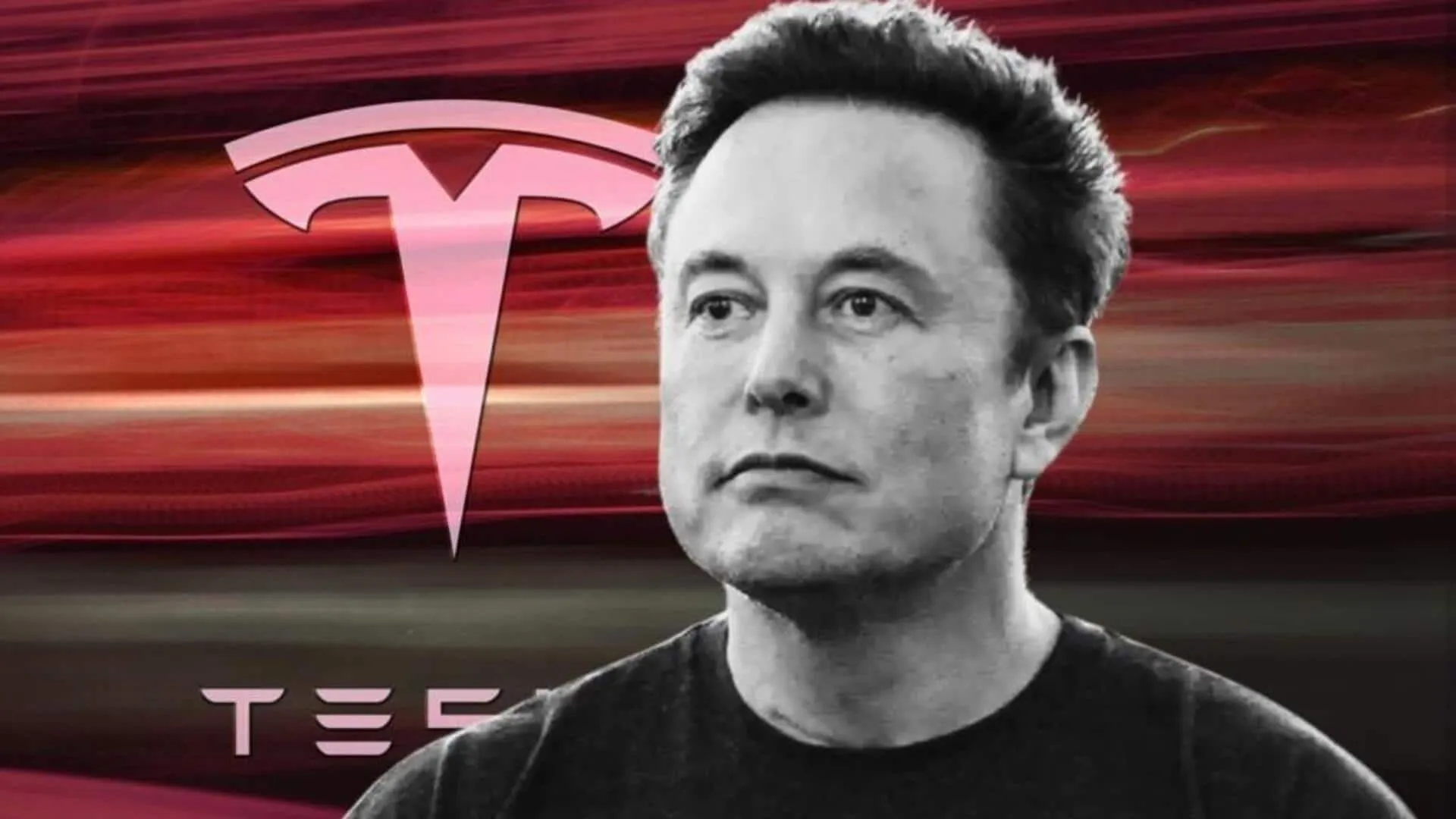Tesla's Removal of Climate Manifesto Raises Eyebrows

Tesla's Shift Away from Environmental Commitments
Tesla, the electric vehicle (EV) giant founded in 2003, has silently removed CEO Elon Musk's climate manifesto from its official website. The manifesto, titled The Secret Tesla Motors Master Plan (just between you and me), was first published nearly two decades ago. It outlined Musk's vision for a future with zero-emission road transport and his strategy to transition from a hydrocarbon economy toward a solar-electric one. In the now-removed manifesto, Musk stated, The overarching purpose of Tesla Motors (and the reason I am funding the company) is to help expedite the move from a mine and burn, hydrocarbon economy toward a solar-electric economy.
Key Goals of the Manifesto
- Building a sports car: Using profits to create more affordable vehicles.
- Offering zero-emission electric power generation options: Strengthening Tesla's green initiatives.
Alongside the original manifesto, a second document known as Master Plan Part Deux has also been removed from Tesla's website. This plan outlined Tesla's ambition to expand into all major car segments, develop self-driving technology that would be 10 times safer than manual driving, and enable cars to generate income for their owners when not in use.
Challenges Facing Tesla
Despite these ambitious plans, Tesla has faced legal challenges due to fatal accidents allegedly involving its Autopilot and Full Self-Driving (FSD) systems. Moreover, despite successfully launching mass-market models like the Model 3 and Model Y, Tesla's EV market share is dwindling as competitors catch up.
The Future of Tesla's AI Ambitions
The company is now focusing on building the world's most powerful AI supercomputer clusters, which will serve as the backbone for robotaxis and humanoid robots. Tesla hasn't issued an official statement explaining the missing content. This silence has fueled speculation and criticism, particularly from those who feel Tesla is distancing itself from its initial environmental goals.
This article was prepared using information from open sources in accordance with the principles of Ethical Policy. The editorial team is not responsible for absolute accuracy, as it relies on data from the sources referenced.